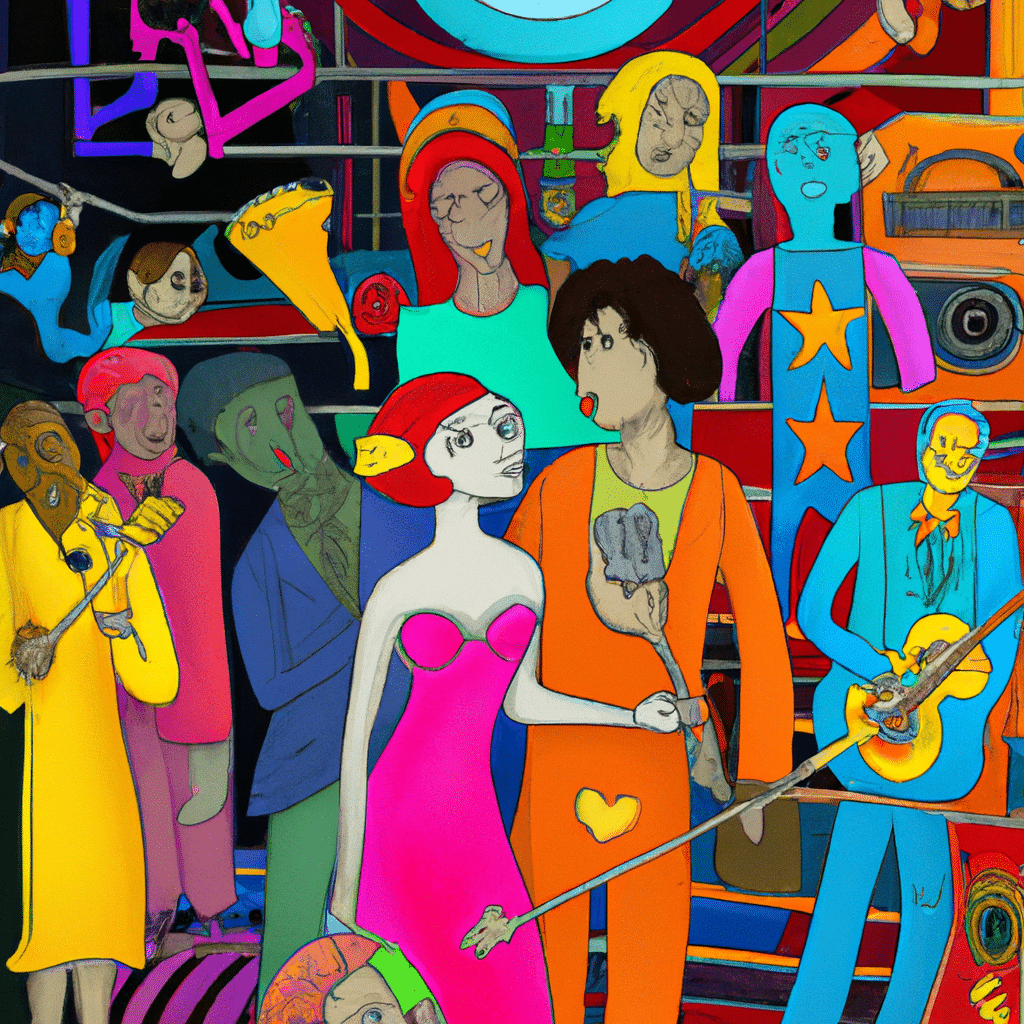
In today’s fast-paced and often disconnected world, cultivating empathy has become increasingly important. Empathy allows us to understand and share the feelings of others, fostering stronger connections and promoting a more compassionate society. While there are various ways to develop empathy, one powerful tool is contemporary fiction. Through its vivid storytelling and relatable characters, contemporary fiction has the ability to nurture emotional intelligence and deepen our understanding of the human experience.
The Power of Contemporary Fiction
Contemporary fiction, with its diverse range of narratives and perspectives, offers readers the opportunity to step into the shoes of others. It allows us to explore different cultures, experiences, and emotions, expanding our understanding of the world around us. Unlike other forms of media, such as movies or TV shows, contemporary fiction engages our imaginations and invites us to become active participants in the narrative.
Creating Emotional Connections
One of the key ways contemporary fiction nurtures empathy is by creating emotional connections between readers and characters. Through detailed descriptions and introspective storytelling, authors paint a rich and nuanced picture of their characters’ inner lives. As readers, we are given access to their thoughts, fears, and desires, allowing us to empathize with their struggles and triumphs.
By immersing ourselves in the story, we develop a deeper understanding of the complexities of human emotions. We learn to recognize and empathize with a wide range of feelings, from joy and love to sadness and despair. This heightened emotional intelligence not only enhances our ability to relate to fictional characters but also translates into real-life interactions with others.
Exploring Different Perspectives
Contemporary fiction also exposes us to diverse perspectives and experiences, broadening our understanding of the world and the people in it. Through the eyes of characters from different backgrounds, we gain insights into their unique challenges, values, and beliefs. This exposure to diverse narratives helps break down stereotypes and fosters a more inclusive and empathetic society.
By reading about characters who are different from ourselves, we develop a sense of empathy for those who may have experiences and struggles that differ from our own. This newfound understanding allows us to relate to and connect with a wider range of individuals, promoting empathy and compassion in our interactions with others.
Inspiring Reflection and Self-Awareness
Contemporary fiction often tackles complex and thought-provoking themes, prompting readers to reflect on their own lives and experiences. Through the struggles and growth of fictional characters, we are encouraged to examine our own beliefs, values, and actions. This self-reflection fosters greater self-awareness and empathy towards ourselves and others.
As we navigate the pages of a contemporary fiction novel, we may encounter characters who grapple with issues such as loss, identity, or social injustice. By witnessing their journeys, we are challenged to confront our own biases, prejudices, and blind spots. This process of introspection and self-discovery nurtures empathy and helps us become more compassionate individuals.
The Ripple Effect of Empathy
When we engage with contemporary fiction and develop empathy, its effects extend far beyond the pages of a book. Empathy is contagious, and the emotional connections we forge with fictional characters can translate into real-life relationships. By understanding and empathizing with others, we can create a ripple effect of compassion and understanding in our communities.
As we grow in emotional intelligence, we become more attuned to the needs and experiences of those around us. We listen actively, seek to understand, and offer support without judgment. This empathetic approach fosters stronger relationships, builds trust, and creates a more harmonious society.
Conclusion
The art of empathy is a powerful force that can shape our world for the better. Through the immersive and emotionally resonant narratives of contemporary fiction, we have the opportunity to cultivate our capacity for empathy and emotional intelligence. By exploring different perspectives, reflecting on our own experiences, and forging emotional connections with fictional characters, we nurture empathy both within ourselves and within our communities.
As we continue to prioritize the value of empathy in our lives, let us recognize the immense potential of contemporary fiction as a tool for fostering emotional intelligence. By embracing the art of empathy, we can create a more compassionate and understanding world, one story at a time.



